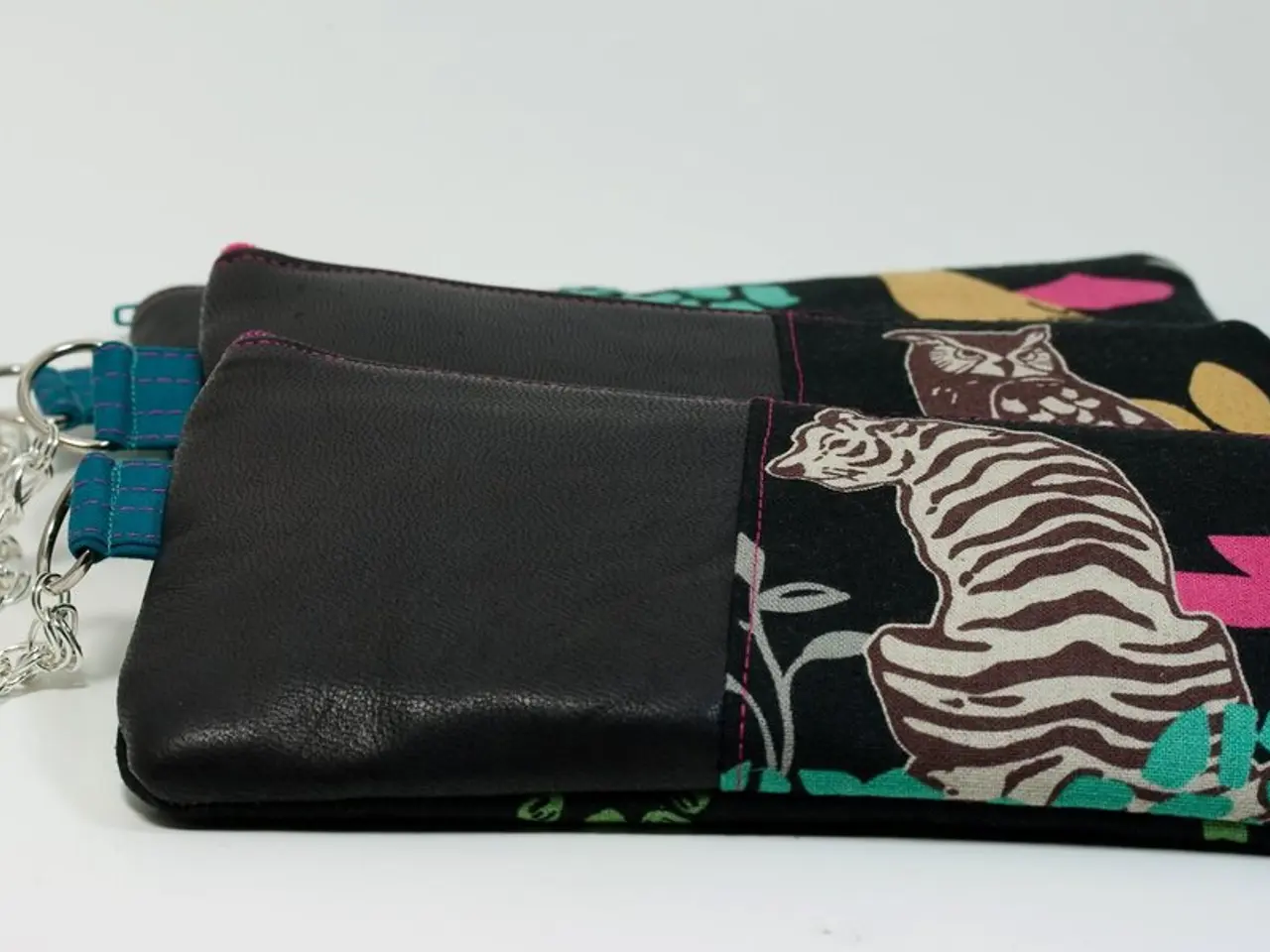Blockchain Technology's Shine: Unveiling Why It Continually Captures Attention
In the world of precious gems, the diamond industry has long been sought after for its extraordinary hardness, beauty, and often, magic. However, concerns about ethical sourcing have cast a shadow over this industry for decades. In response to these issues, innovative tech start-up Everledger, founded in 2015, has embraced Blockchain technology to bring transparency and accountability to the diamond trade.
One of Everledger's most significant initiatives is 'The Diamond Lapse Protocol', launched in partnership with Dharmanandan Diamonds in February 2021. This groundbreaking system allows real-time updates to the database from each step in the pipeline, providing a comprehensive and transparent view of the diamond's journey.
The current database, which tracks diamonds in the downstream market, focuses on sales. However, with the Diamond Lapse Protocol, Everledger now has 1.8 million diamonds in their database, each with a unique 'digital thumbprint' that includes encrypted computer code, spectroscopic analysis, and HD photography. This allows consumers to trace the journey of their diamond from mining to sale, fostering trust and accountability.
Another significant player in the industry's transformation is the Tracr Platform, recognised as the first fully distributed diamond blockchain platform. Over 1 million diamonds have been tracked using this platform, which includes partnerships with major industry players like Brilliant Earth and grading labs like GIA and GSI.
In addition, GET-Diamonds, in collaboration with YourProof.id, has developed a Digital Diamond Certificate (DDC) system. This system stores key diamond details on a blockchain ledger, making it tamper-proof and easily accessible through digital wallets. The DDC not only enhances transparency but also solves the issue of lost paper certificates, as digital certificates are portable and verifiable.
The use of blockchain technology also helps verify the authenticity of diamonds, ensuring that they are genuine and not conflict diamonds. This verification process is crucial for maintaining consumer trust and improving the industry's reputation. Moreover, the use of smart contracts ensures that data is handled in compliance with international regulations such as GDPR and KYC/AML, further enhancing trust and transparency in diamond transactions.
The Kimberley Process Certification Scheme, put in place in 2003 to combat the use of diamonds to fund wars against governments, only concerns the certification of rough stones. However, initiatives like those by Everledger and Tracr are filling the gap, providing transparency and accountability for diamonds throughout their entire journey from mine to market.
In response to ethical concerns, the Diamond Producers Association was created in 2016 to promote natural diamonds. The Association launched the campaign 'Real is Rare' to convince consumers that natural diamonds are better than synthetics. By addressing issues such as conflict diamonds and ensuring diamond authenticity, blockchain technology contributes to a more reputable diamond industry, crucial for maintaining consumer confidence and ethical standards.
De Beers is currently trialling blockchain across the diamond industry to track diamonds from mining to sale, demonstrating the industry's commitment to transparency and accountability. As blockchain technology continues to evolve, it is clear that the diamond industry is poised for a significant transformation, restoring its luster and reputation.
- Everledger's initiative, 'The Diamond Lapse Protocol', in collaboration with Dharmanandan Diamonds, utilizes Blockchain technology to provide a comprehensive, transparent view of a diamond's journey, from mining to sale.
- The Tracr Platform, recognized as the first fully distributed diamond blockchain platform, has partnered with major industry players like Brilliant Earth and grading labs like GIA and GSI, tracking over 1 million diamonds.
- GET-Diamonds, in partnership with YourProof.id, has developed a Digital Diamond Certificate (DDC) system, storing key diamond details on a blockchain ledger to ensure transparency and solve the issue of lost paper certificates.
- Blockchain technology not only verifies the authenticity of diamonds, ensuring they are not conflict diamonds, but also ensures data handling compliance with international regulations such as GDPR and KYC/AML.
- Efforts by Everledger, Tracr, and the Diamond Producers Association, among others, aim to fill the gap left by the Kimberley Process Certification Scheme, providing transparency and accountability for diamonds throughout their entire journey from mine to market.




